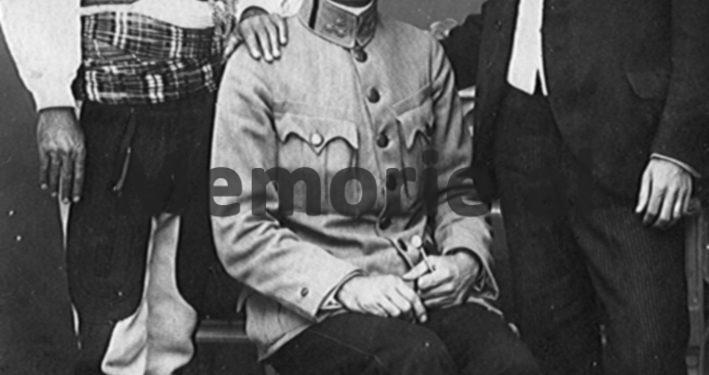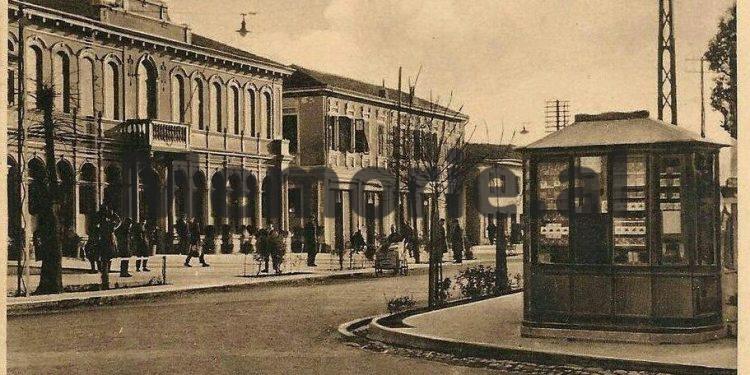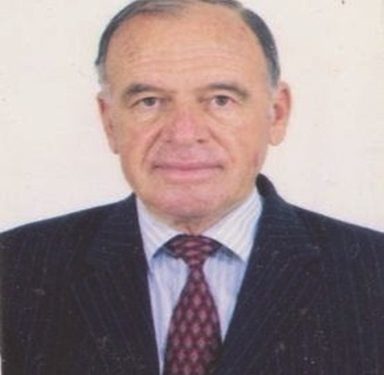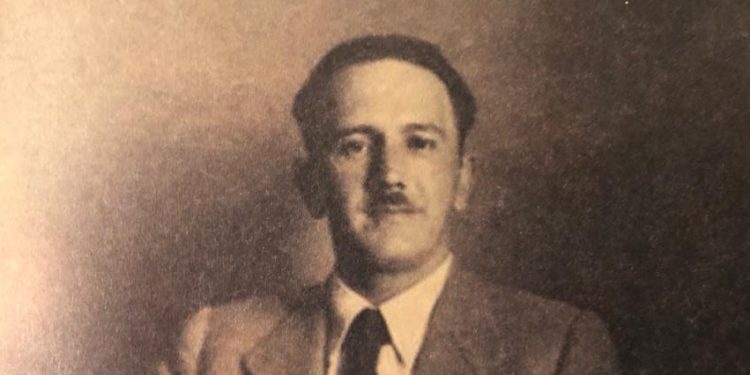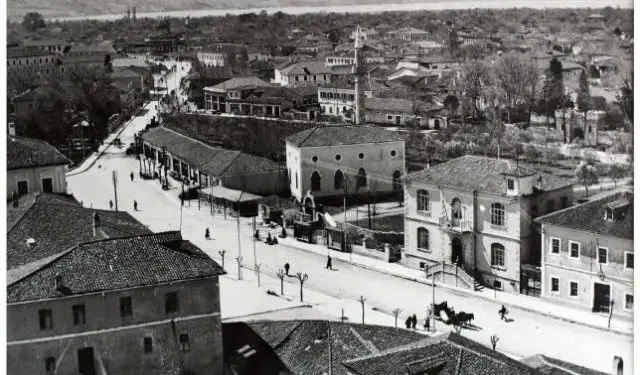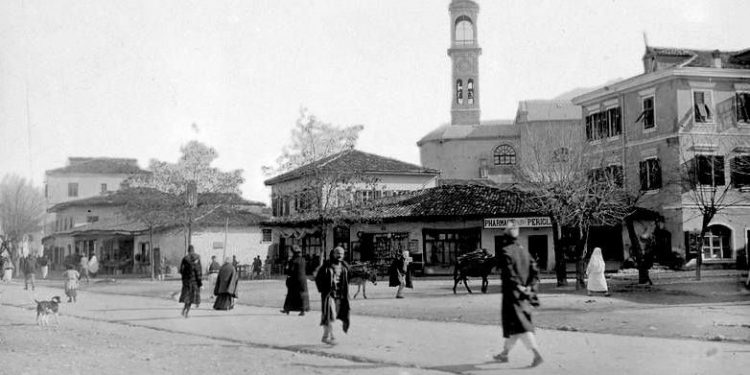By Caf Jonuz Çulaj
Memorie.al/ To write about Hamid Gjylbegu, it is not an easy job, desire or good will is not enough. More and more complex studies are needed to perform such a task. What is true in the last ten years, something has been said. Someone wrote in his contribution in the field of children’s literature, someone else in organizational skills in the military field, someone in translations, others explain why he was a “non grata” person for the communist regime. For him, however, the day must come to be written, as far as he is concerned.
Hamid Gjylbegu was born in Shkodra in 1887, in that well-known and highly respected family. He completed primary and secondary school in his hometown, and high school in Istanbul, where he graduated in martial arts.
During his life he performed many military and civilian functions. He stood out especially, in the years 1918-1920, at a critical time for Shkodra. Assisted in the activity of the Committee “National Defense of Kosovo”. He also dealt with the progress of the Lushnja Congress in 1920.
In Koplik’s fight against the Yugoslav incursions, he made a major contribution, with his military skills. There he fought alongside Ahmet Zogu, Sylço Bushati, Rexhep Shala, Taip Shkodra, etc. As always, the chronicler of the people, whose memory is infallible, would perpetuate it.
Hamid Gjylbegu, did not continue his military career. Being a man with deep intellectual preparation, he made friends and cooperated closely with personalities such as: Faik Konica, Mithat Frashëri, Lef Nosi, Father Gjergj Fishta, Father Vincens Prendushi, etc.
Correspondence with them, apart from personal meetings, was uninterrupted. Hamid was a polyglot and knew Italian, French, German and Turkish. As a patriot, he published in periodicals of the time, for various problems.
He also published children’s and religious books. Hamid Gjylbegu, has been a sworn enemy of any kind of dictatorship. He welcomed the Italian occupation of the country with the greatest hatred, calling for popular resistance. On the other hand, he was an enemy of communist ideas, which were introduced in Albania at that time. As a genuine intellectual, he felt the future of the country. He pointed out several times that communism brings terror and blood, poverty and deprivation, misery and degeneration.
This fierce campaign, according to him, would involve all segments of our population. From the intellectuals to the common people, who would carry on their backs the repression of the red emissaries.
The organized opposition after 1944 is known. The immediate response of the communists is known. “The country has been destroyed and is heading downhill,” he wrote to Enver Hoxha. With great courage and without fear, he criticizes the dictator for two big problems, for Kosovo and for the fight against the clergy.
He was arrested several times, but he was not impressed because he had been taught since the time of fascism. Hamid Gjylbegu is one of the only people who never took part in the elections that took place in communist Albania, be they for the local government or the local government. And everyone knew that.
He was under close surveillance and for this reason, he shunned society and entered into in-depth studies. He wrote two volumes entitled, “On Aesthetics” in 800 pages. He also translated many authors of antiquity.
He spent the last years of his life in Elbasan, with his daughter, where he died on February 24, 1979. Immediately after his death, in his house in Shkodra, which was controlled by the authorities, several tracts and magazines of Balli Kombëtar were found. Memorie.al




